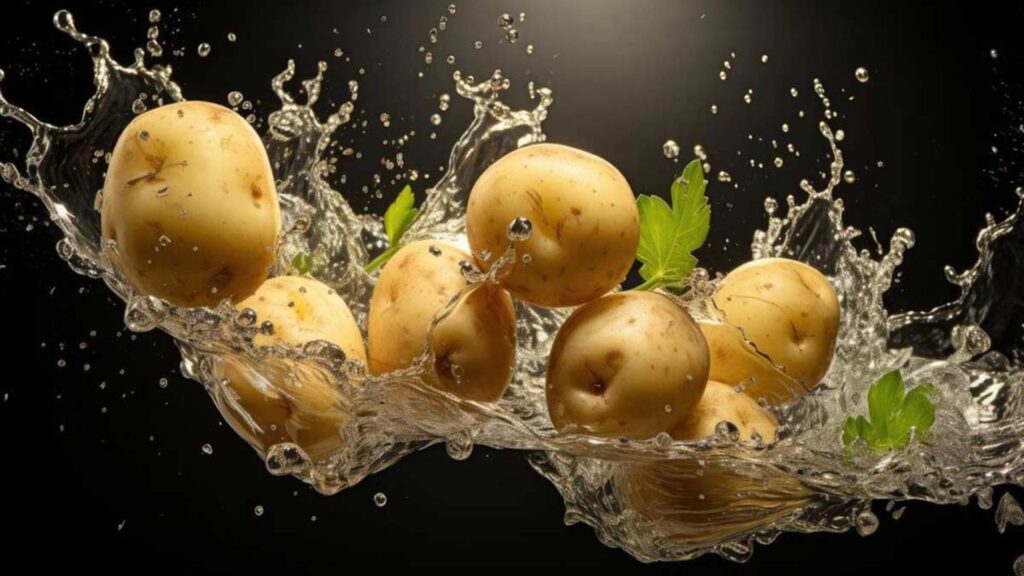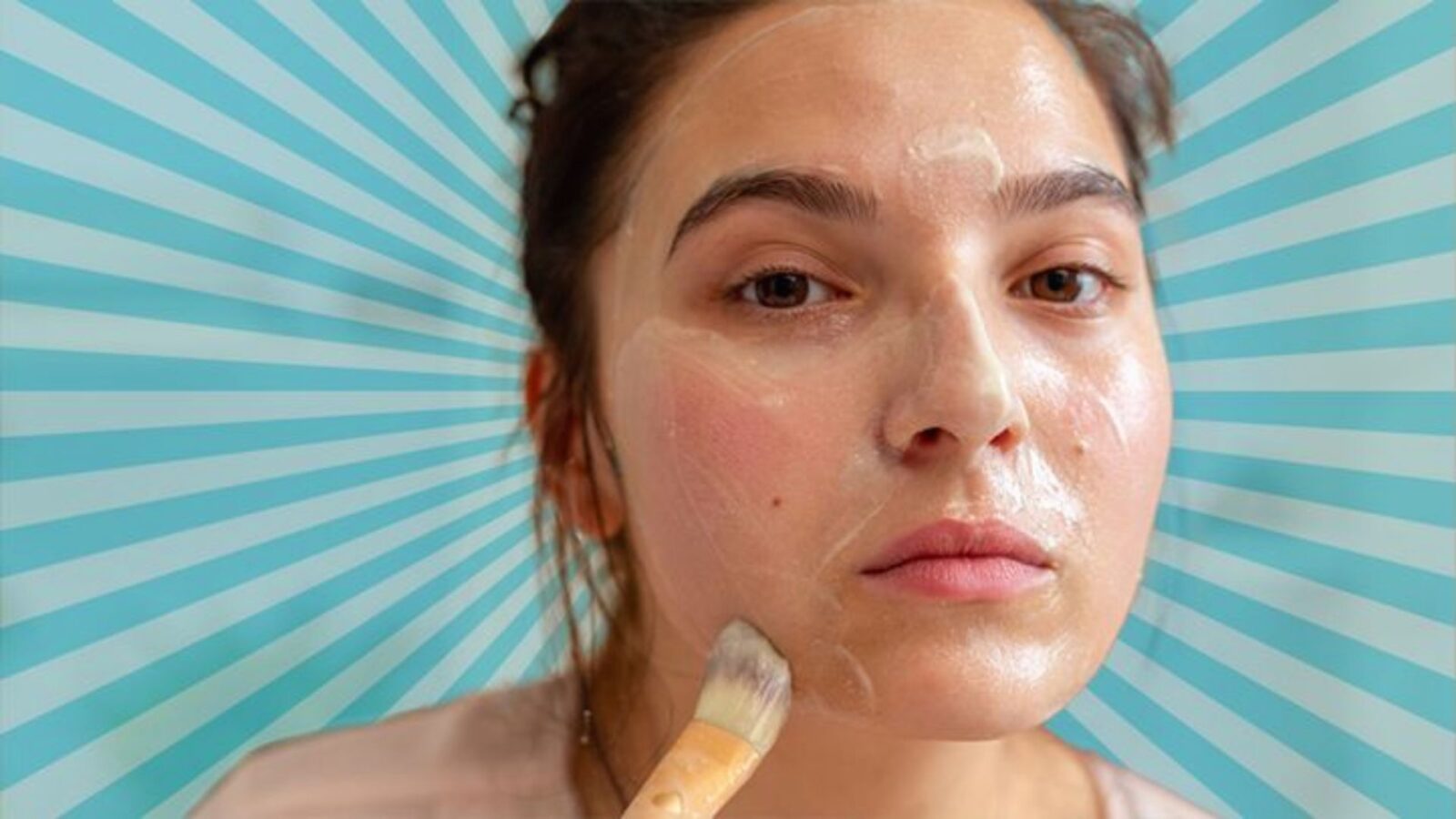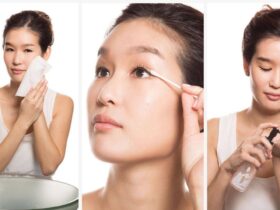Acne is a common skin issue, especially in teenage and young adult years, but the scars and spots it leaves behind can be just as bothersome. While various treatments are available for clearing acne spots, natural home remedies can offer effective and gentle alternatives for people seeking more affordable, accessible, and non-invasive options. Below, we’ll go over the 15 best ways to remove acne spots at home.
1. Lemon Juice
- Why It Works: Lemon juice is rich in vitamin C, a natural skin brightener, which helps reduce dark spots and hyperpigmentation.
- How to Use: Squeeze fresh lemon juice and apply it to acne spots with a cotton ball. Leave it for 10–15 minutes, then rinse off. Use this once a day, but avoid excessive use to prevent skin irritation.
2. Aloe Vera
- Why It Works: Aloe vera contains aloin, a compound that helps reduce dark spots and soothes inflamed skin.
- How to Use: Apply fresh aloe vera gel directly to the affected area. Leave it on for 20–30 minutes before rinsing with lukewarm water. Repeat this twice daily for the best results.
3. Honey
- Why It Works: Honey is a natural humectant that moisturizes the skin, while its antibacterial properties help prevent future breakouts and fade scars.
- How to Use: Dab a small amount of honey onto the acne scars. Leave it on for about 15–20 minutes, then rinse with warm water. You can do this daily.

4. Apple Cider Vinegar
- Why It Works: Apple cider vinegar (ACV) contains acetic acid, which has been known to lighten pigmentation and exfoliate dead skin cells.
- How to Use: Mix one part ACV with three parts water. Use a cotton ball to apply this solution to acne spots and leave it on for 5–10 minutes. Rinse off with cool water. Start with a patch test to avoid irritation.
5. Baking Soda
- Why It Works: Baking soda acts as a mild exfoliant, which helps remove dead skin cells and improve overall skin texture.
- How to Use: Mix equal parts baking soda and water to form a paste. Apply it to the affected area and leave it on for 2–3 minutes before gently rinsing. Limit this to once or twice a week as it can be drying.
6. Turmeric
- Why It Works: Turmeric has anti-inflammatory and antioxidant properties that help fade dark spots and prevent new acne from forming.
- How to Use: Make a paste with turmeric powder and a little water or honey. Apply it to the spots, leave it for 15 minutes, then rinse off. Be cautious, as turmeric can stain the skin, so rinse thoroughly.
7. Cucumber
- Why It Works: Cucumber is hydrating and soothing, which helps reduce redness and fade acne spots.
- How to Use: Blend or mash cucumber to make a paste and apply it to the skin. Leave it on for 20–30 minutes, then rinse with cool water. Use it daily for the best results.
8. Tea Tree Oil
- Why It Works: Tea tree oil has antibacterial and anti-inflammatory properties that help lighten acne scars and prevent future breakouts.
- How to Use: Dilute a few drops of tea tree oil with a carrier oil (like coconut or olive oil) and apply it directly to acne spots. Use it once a day to avoid irritation.
9. Coconut Oil
- Why It Works: Coconut oil contains fatty acids and antioxidants that aid in healing acne scars and keeping skin moisturized.
- How to Use: Apply a small amount of coconut oil to the affected area before bed and leave it overnight. Rinse with lukewarm water in the morning. This works best for dry to normal skin types.
10. Potato Juice
- Why It Works: Potato contains natural bleaching agents that help reduce hyperpigmentation and lighten dark spots.
- How to Use: Grate a potato and squeeze out the juice. Apply it to the spots, let it sit for 15–20 minutes, then rinse off. Use this daily for the best results.

11. Green Tea Extract
- Why It Works: Green tea is rich in antioxidants, which help reduce inflammation and fade acne scars over time.
- How to Use: Brew green tea, allow it to cool, and then apply it to your skin using a cotton ball. Leave it on until it dries naturally. Repeat daily for a soothing effect.
12. Vitamin E Oil
- Why It Works: Vitamin E oil is an antioxidant that can help fade scars and improve skin elasticity.
- How to Use: Puncture a vitamin E capsule and apply the oil directly to acne scars. Leave it on overnight and rinse off in the morning. Repeat daily for best results.
13. Oatmeal Mask
- Why It Works: Oatmeal is an excellent exfoliant and has soothing properties that can help with redness and scarring.
- How to Use: Mix ground oats with water to form a paste. Apply it to the face and let it sit for 20 minutes before rinsing off. This mask is gentle enough to use 2–3 times a week.
14. Papaya
- Why It Works: Papaya contains enzymes like papain, which exfoliates and promotes skin cell turnover, reducing the appearance of scars.
- How to Use: Mash a small piece of ripe papaya and apply it as a mask for 15–20 minutes. Rinse with water. Use it once a week for the best results.
15. Rosehip Seed Oil
- Why It Works: Rosehip oil is rich in vitamins A and C, which help to lighten scars, promote skin regeneration, and boost collagen production.
- How to Use: Massage a few drops of rosehip seed oil into the skin every night. Over time, it can significantly help reduce acne scars and dark spots.
Tips for Optimal Results
- Stay Consistent: Natural remedies take time and patience. Use these methods consistently to see gradual improvements.
- Sun Protection: Dark spots can worsen with sun exposure. Apply a broad-spectrum sunscreen daily, even when indoors.
- Patch Test: Always do a patch test before trying any new ingredient, especially on sensitive skin.
- Hydrate and Nourish: Drinking plenty of water and eating antioxidant-rich foods can also help improve skin quality.
Conclusion
Natural remedies for acne scars and spots can be effective when used regularly and with patience. Remember, results will vary based on skin type, the severity of scarring, and individual response to each treatment. For stubborn scars or sensitive skin, it may be worth consulting a dermatologist to explore other safe and effective options.





















Leave a Reply